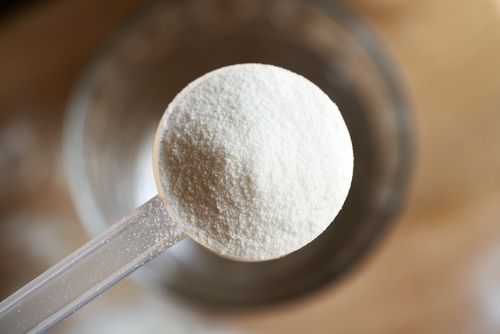
Muscle Mishaps and Calorie Conundrums: The Unadulterated Truth
- Jan 22, 2025
Swooping in to break the chains of gym lore and pseudo-science, let's face it head-on: yes, under certain conditions, gang, you can build muscle in a calorie deficit, albeit it's about as tough as surviving a juice cleanse without turning into the Hulk. Resist the temptation to fall for quick fixes or magic protein shakes, it’s no Hogwarts' charm but a balance between combating iron, adequate protein, and your calorie bookkeeping.
Energy, amigos, is what calories measure-a lot like gas for your car. But humans, unlike cars, burn fuel even when idle. When sweaty lunges and burpees outpace your late-night cheesecake indulgences, congrats, you're in a calorie deficit. While this generally translates into weight loss, the word of caution here is: don’t confuse shedding pounds with losing only fat. Weight loss adopted without the preservation of muscle mass through sufficient protein intake and resistance training could turn out to be a Shakespearean tragedy. So, there's the gist about losing weight while still aiming for a more muscular physique.
Now, getting down to the nitty-gritty: the big P, protein. Weightlifting circles have obsessively endorsed it, but how much is enough? The Academy of Nutrition and Dietetics, Dietitians of Canada, and the American College of Sports Medicine play it safe by recommending about 1.2 to 2.0 grams (g) per kilogram (kg) of your body weight per day. To bring it closer to home, that's about 0.54 to 0.9 g per pound for us pound-loving folks.
Then comes the labor of Hercules-resistance training. Adverse to its terrifying name, it’s any form of exercise, from yoga to weightlifting, battling the force of gravity. The goal here is simple: challenge your muscles into utter annihilation. When broken down through training, your muscle rebuilds stronger than before, allowing mass to build up. Just remember, fitting enough protein into your diet is just as crucial if you want to pull off that remarkable muscle sculpting.
Promising to lose weight without an extensive exercise repertoire is akin to selling a get-rich-quick scheme; building muscle requires equal parts protein intake, exercise, and caloric control. Taking drastic measures to lose weight could push you over the health precipice, leading to severe muscle loss, dehydration, bone density issues, and even throwing your hormonal and immune systems off balance.
Crafting a consistent calorie deficit, therefore, is a step-by-step process, a balancing act that involves eating less or burning more through increased activity. You may come across an old rule suggesting a deficit of 3,500 calories to shed a pound. However, to avoid turning into a cranky hunger monster, remember, it's more about making smart changes. Try online calculators to fine-tune your caloric intake; put your faith in good old veggies and lean protein, and vow to keep your workouts consistent.
With the mounting ambiguity clouding the fitness cyberspace, it's often difficult to carve out your health and fitness trajectory. However, navigating through this with the help of registered dietitians and personal trainers assures individualized guidance and mitigates misinformation. A steady and sustainable approach to weight loss and muscle building will always trump extreme diets and unhealthy shortcuts-just like Hulk easily muscling past the bounce-back of an old spring mattress.






